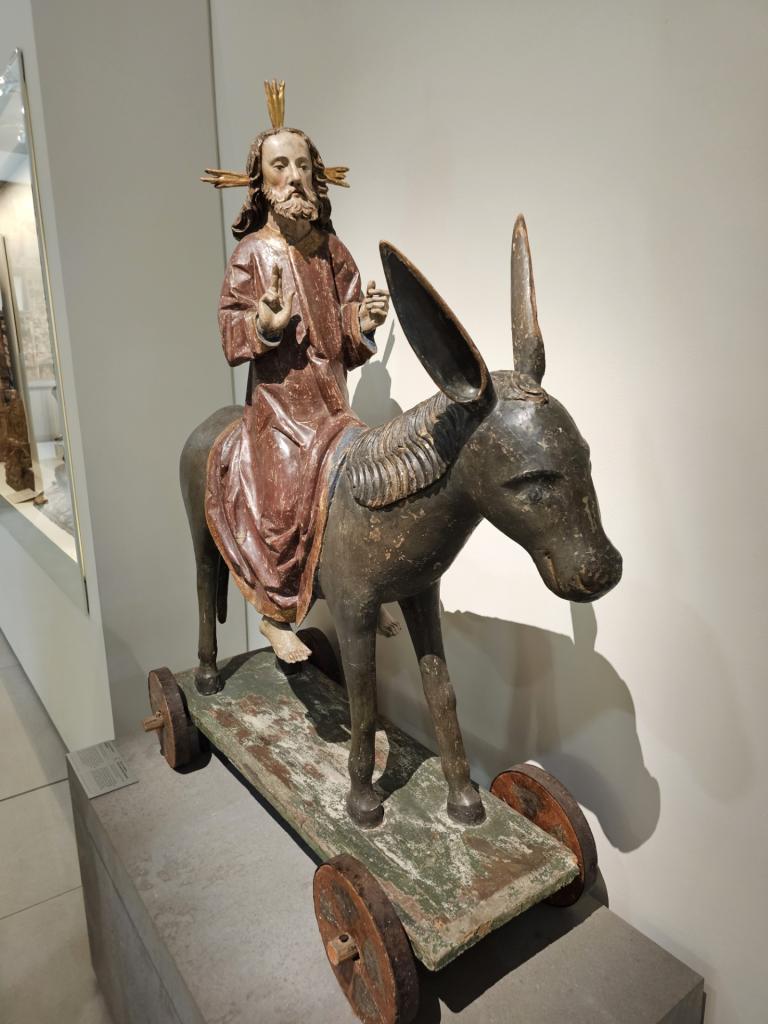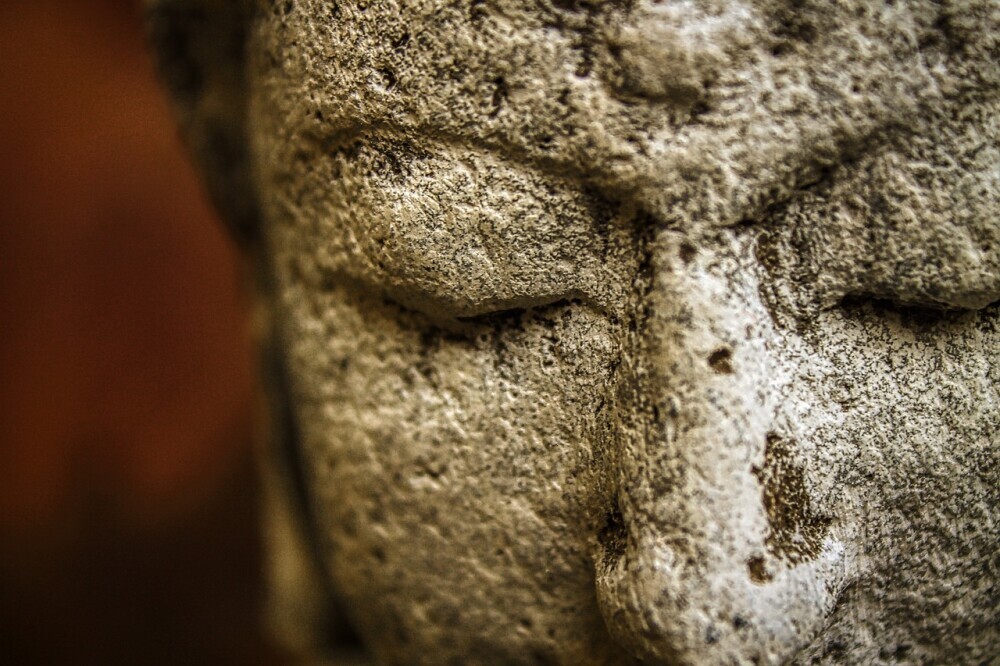My doktorvater C.K. Barrett had many tales to tell about his time at Cambridge, studying with great scholars like C.H. Dodd. He was in a class with two other future great scholars, Charles Cranfield and David Daube, and Dodd was working possible influences on the Fourth Gospel. On this particular day he was lecturing on the Corpus Hermeticum. He came to class as usual with his brown satchel, placed it on his desk, reached in to get his copy of the Corpus Hermeticum, and discovered he had left it at no. ‘No matter,’ he said, and then proceeded to fill the blackboard with line after line of the Corpus from memory. Barrett later said to me, ‘I knew right then we were in for some heavy weather’. The bar had just been raised on what it meant to be a serious scholar of ancient sources.
But I have a tale about another Cambridge don, namely J.B. Lightfoot, without question, as Adolph von Harnack said, the greatest English speaking Biblical scholar of the second half of the nineteenth century. I had the good fortune of finding a whole box of Lightfoot’s lecture notes on 2 Corinthians, the Gospel of John, and Acts, which had never been published but now through the good offices of InterVarsity Press are all in print. But these notes were in Lightfoot’s handwriting. They were not in typed form, and they had to be deciphered, which was no small task and many thanks to Todd Still and Jeanette Hagan for their help with this huge task. But one of the notable regular features of page after page was Lightfoot’s citation of an enormous amount of primary source quotes– in Greek, in Latin, in Hebrew, etc. You get the picture. At first I thought— well, he’s operating next to the Cambridge library which has all these sources, he must be doing these notes at the library with a pile of books on the table. But no… he was doing this in his own study in his college at Cambridge, and he did not have all those books to hand. In fact, he was citing these original language sources FROM MEMORY, and occasionally you would find in a minority of cases, there would be a little notation next to the citation, with the word ‘checked’ and a check mark. In short, he had an encyclopedic memory, what we might call a photographic memory, the same as my Princeton prof, Bruce Metzger.
In an age where most everything is ready to hand on the internet if one just looks hard enough, what has happened to scholarship is an increasing dependency on the internet, and a decreasing of memorizing valuable information. The human memory is being replaced by Google cloud or external drives and the like. This is not entirely a bad thing, but it is also not entirely a good thing. It is easier now to check what you think you remember, and easier to bring up a verbatim of what you need to cite, but in fact, as Barrett and others have said, this sort of dependency on the internet tends to disable one’s own memory, never mind one’s own critical thinking and processing of data. The temptation to be lazy and just depend on things like Wikipedia without looking up the primary source and evaluating the material for yourself is often too great.
And now we have an even greater challenge called AI, and the temptation to let it do your research and also your composition is a serious temptation. Plagiarism is already running riot in some quarters, and the question to be pondered is— is there a difference between finding and using sources, and actually learning the source material, properly critically evaluating it and then writing. And I would say yes there is. A big difference. There is a difference between being a learned scholar, and a scholar who knows how to use the internet and AI.
Think on these things.











 English (US) ·
English (US) ·